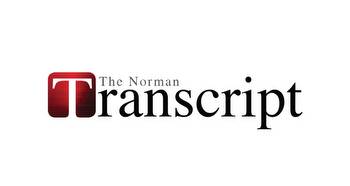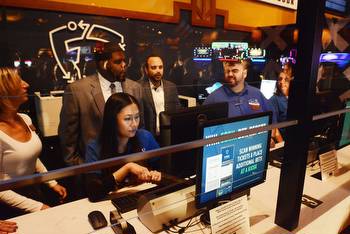What Will Online Gambling Legalization Mean for Connecticut State?

FanDuel, DraftKings and PlaySugarHouse will launch this month. Connecticut should earn around $100 million per year by taxing this nascent industry.
Connecticut was facing a $3.7 billion deficit when Gov. Lamont took the oath of office in 2019. The state needs to continue investing in its pension obligations and bolstering its rainy-day fund. Some of the revenue will go into the Mashantucket Pequot and Mohegan Fund, which distributes annual grants to each of Connecticut’s 169 cities and towns. Sen. Cathy Osten wants to add an extra $80 million to the fund, bringing it close to historical highs.
Connecticut will tax operators on revenue from online sports betting and daily fantasy sports contests. The first 5 years of the tax will be 18%, then 20%. New Hampshire takes a 51% revenue tax on sports bets and Pennsylvania charges 36%.
Connecticut is the 29th largest state by population and the 23rd by GDP. It is larger than Iowa in both metrics. In the past year Iowa sportsbooks handled $1.34 billion in wagers and generated $98.4 million in revenue. Connecticut sportsbook could generate at least $100 million from sports betting alone. Pennsylvania is roughly three times larger and it generated $897,216,02 from iGaming in the 2020/21 fiscal year.
Connecticut should receive an immediate economic boost from legalizing online gambling. Massachusetts and New York are yet to legalize online sports betting and iGaming. Residents of those states are likely to cross the border into Connecticut to place wagers on their mobile devices.
Connecticut issued three master licenses for sports betting. The Mohegan teamed up with , the Mashantucket Pequot signed a deal with and the Lottery awarded its skin to . The Mashantsucket Pequot and Mohergian will each contribute $500,000 per year into the state's problem gambling programs.




































